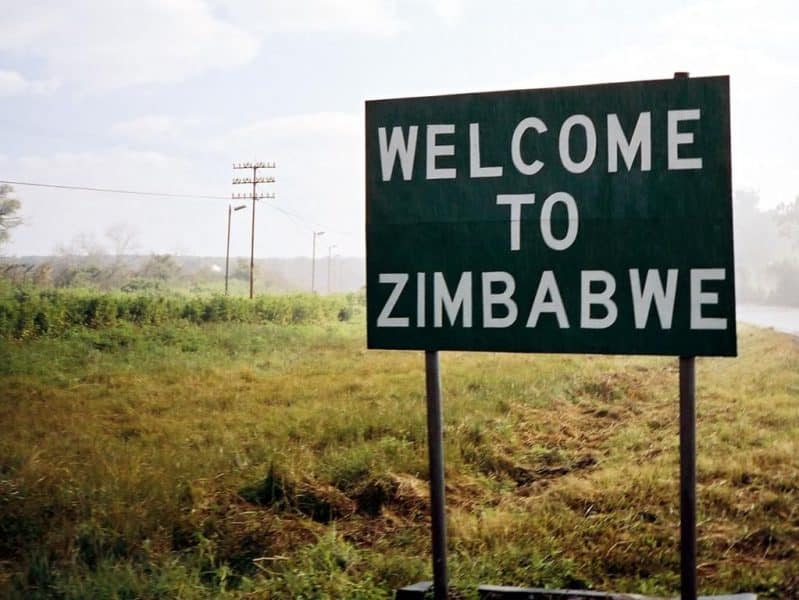
South African cross border transporters have rejected the Department of Home Affairs’ proposal of a COVID-19 co-driver system which would require local transporters to employ additional drivers for each country through which trucks pass on the north-south line between the Port of Durban and the Democratic Republic of the Congo (DRC), Freight News reported.
DHA was considering implementing the system as a coronavirus-combatting strategy.
Local transporters would have to use different drivers for South Africa, Zimbabwe, Zambia and the DRC, Mike Fitzmaurice of the Federation of East and Southern African Road Transport Associations (Fesarta), explained.
“Say for example you’re going into the Copper Belt up north, your driver will need to hand over to a Zimbabwean driver at Beitbridge and so forth at the crossings of Chirundu and Kasumbalesa going into Zambia and the DRC.”
Fitzmaurice said Home Affairs had revealed the plan to the industry at a meeting in Johannesburg on Monday last week that was attended by representatives of Fesarta, the Road Freight Association (RFA), the Cross-Border Road Transport Agency (CBRTA) and the SA Revenue Service (Sars).
It’s not certain if any representatives from the Department of Transport attended the meeting.
Fitzmaurice said: “We told them it’s impractical as transporters can’t afford it but they (Home Affairs) are dead serious about.”
According to Gavin Kelly, CEO of the Road Freight Association (RFA), the idea was based on a response – not a policy – from the Department of Home Affairs in a bid to deal with regional neighbours shutting their borders.
“There is no policy from Home Affairs. They were very clear about that,” said Kelly, who attended the meeting last week where it was recommended that transporters considered using different drivers for each country they entered.
“The closing and slowing down of borders is through each country implementing precautions to stop the spread of the virus.
“These countries are free to do as they please and some have decided to quarantine all persons entering their country while others have decided to require a test.”
Kelly added that it was important to understand that the South African government could neither force them (neighbouring countries) to change their approach nor drop their demands.
“They are in their full right to implement what they see fit.”
Nevertheless, it means that cross-border transport finds itself in a bind.
“It’s the part where we are now stuck,” Kelly said.
“How do we transport freight across a border if the receiving country does not want the drivers to cross?” Freight News






